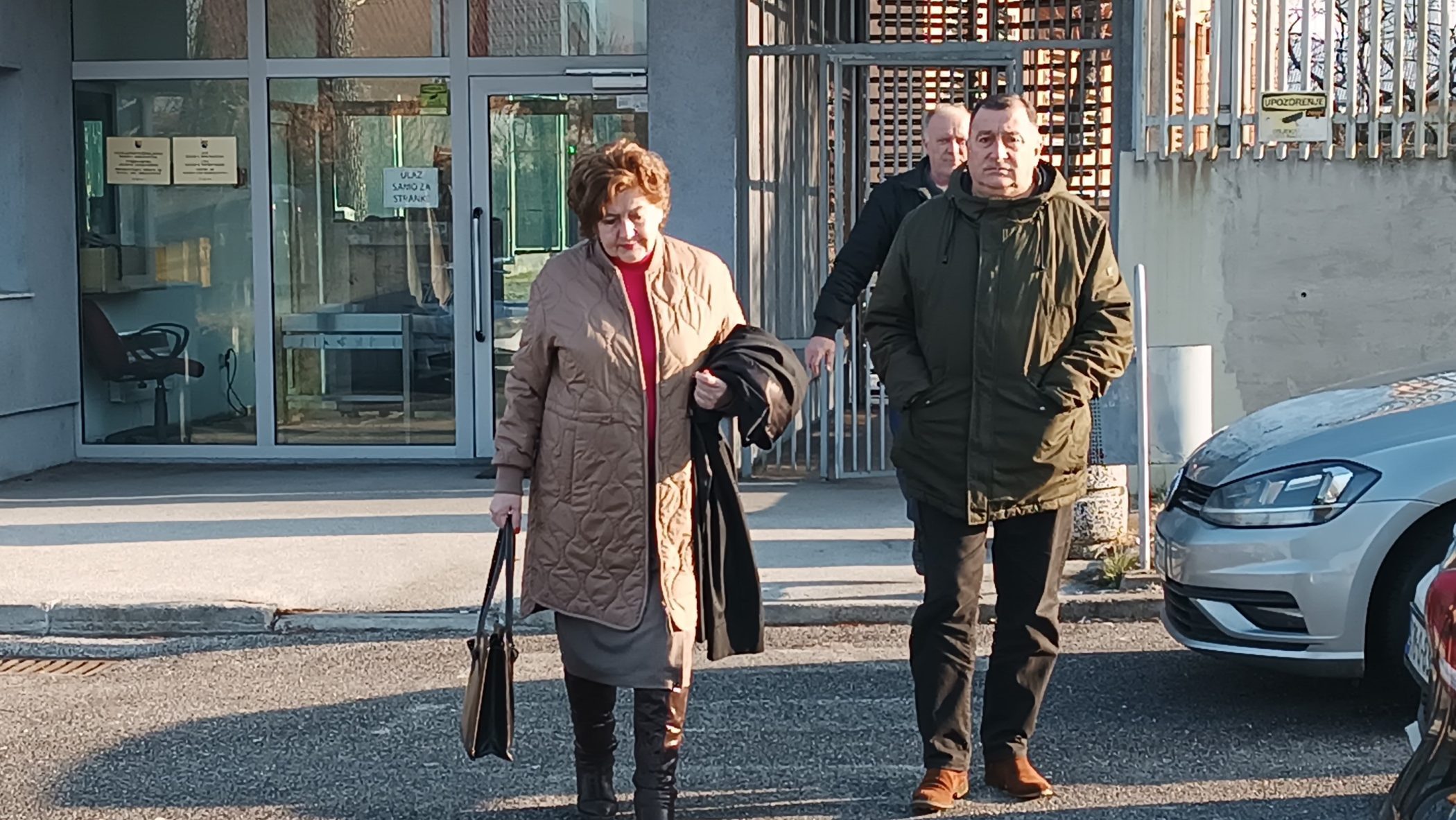This post is also available in: Bosnian
Defence win bid to have proceedings delayed, amid indications that at least one defendant’s case could rest on proving his insanity.
The start of trial proceedings against 11 Bosnian Serbs accused of war crimes in the Srebrenica area in 1995 has been set for May 4.
Presiding Judge Hilmo Vucinic and the two foreign judges comprising the Judicial Council in the case have granted a defence request for additional preparation time in view of the complexity of the case.
State prosecutor Ibro Bulic plans to present 45 witnesses and additional evidence collected in Bosnia and Herzegovina. He also plans to present facts established about the crimes in Srebrenica before the International Criminal Tribunal for the Former Yugoslavia, ICTY.
The defence has objected to this approach, saying that taking into account statements made to the prosecution in The Hague would be “unacceptable”, even though it is stipulated as a valid method in the legislation governing the transfer of cases from the ICTY to the local judiciary.
“I principally dispute all these facts because they prejudice certain matters and I don’t see the point of this trial in case they are taken into account,” Stanko Petrovic, the defence counsellor for one of the accused Dragisa Zivanovic, told the Judicial Council.
The defence also said that that if the statements made in The Hague are accepted into the case, they will seek to cross-examine those who made them, which they are entitled to do.
That means the Judicial Council would have to summon Radomir Borovcanin, Dragan Obrenovic, Miroslav Deronjic and other Srebrenica-related indictees of the Hague tribunal.
The defence also said that a lack of resources was one of the main reasons for their inability to prepare themselves fully for the trial.
Claiming that their clients were being denied the right to a fair trial, guaranteed by domestic laws and the European Convention on Human Rights, they also complained that they had been given no access to the prosecution’s evidence, which they are entitled to.
The Judicial Council overruled the objections and said there had been no violation of defence rights, ruling that the counsellors had been given access to all the material evidence at the prosecution’s disposal and that they had had the opportunity to show the evidence to the defendants.
Hinting at their strategy for the trial, the defence lawyers said they would call psychiatric experts to evaluate the state of their clients. Todor Todorovic, the defence counsellor for Petar Mitrovic, said he had reason to doubt his client’s health.
“He fell off a horse when he was 14 and was unconscious for several hours,” Todorovic said.
“Consequently, he was incapable of doing his army service, while today he often suffers from strong headaches, memory lapses and poor concentration. Or as my client would say: ‘When I get a headache, I am up for nothing at all,’” Todorovic said.
The defence requested that the trial proceed at the rate of three court hearings per week. Ozrenka Jaksic, the defence counsellor for Milos Stupar, said the request was based on the fact that “all defence counsellors have other professional and family commitments to attend.”
The prosecutor criticised the defence request to delay the trial. “It is necessary to get on with it as soon as possible because any further time-wasting is intent only on delaying the trial in order to run down the time the accused are spending in custody,” he said.
Under the law, the accused can be held in custody no longer than a year after the indictments have been verified. If a first-degree verdict is not passed within the one-year period, the accused are to be released from custody.
This law has already stirred up discontent among law experts and organisations monitoring war crimes trials. Justice Report has been told that some of these organisations have recently launched an initiative to have the law changed, with the explanation that many trials are bound to last for a long time due to their complexity and sensitivity.
Both the prosecution and the defence agreed that the trial of the 11 individuals accused of the war crimes committed in Srebrenica would last several months.
One of the accused, Milenko Trifunovic, took the opportunity to address the court. He reported that the defendants in the case are being deprived of “free visits” because “no facilities” have been provided for this.
Trifunovic also complained about the coverage of the case in the media, demanding to know, “Who is putting us on trial here? The court or reporters calling us all sorts of names and writing all kinds of thing about the Srebrenica group?”
Judge Hilmo Vucinic advised him not to read the newspapers.
The indictment, confirmed on December 19, 2005 before the Bosnia-Herzegovina Court, accuses Milos Stupar, Milenko Trifunovic, Petar Mitrovic, Brana Dzinic, Aleksandar Radovanovic, Slobodan Jakovljevic, Miladin Stevanovic, Velibor Maksimovic, Dragisa Zivanovic and Branislav Medan of “being members and deliberate perpetrators of a joint criminal enterprise aimed at forcefully evicting women and children from the Srebrenica enclave…and to capture, detain, execute by summary procedure, bury and re-bury thousands of Bosnian Muslim men and boys.”
All 11 defendants have pleaded not guilty.
- Case: Kravica
- City: Kravica
- City: Srebrenica
- Court of Bosnia and Herzegovina
- Person: Dzinic Brane
- Person: Jakovljevic Slobodan
- Person: Maksimovic Velibor
- Person: Medan Branislav
- Person: Mitrovic Petar
- Person: Radovanovic Aleksandar
- Person: Stevanovic Miladin
- Person: Stupar Milos
- Person: Trifunovic Milenko
- Person: Zivanovic Dragisa


